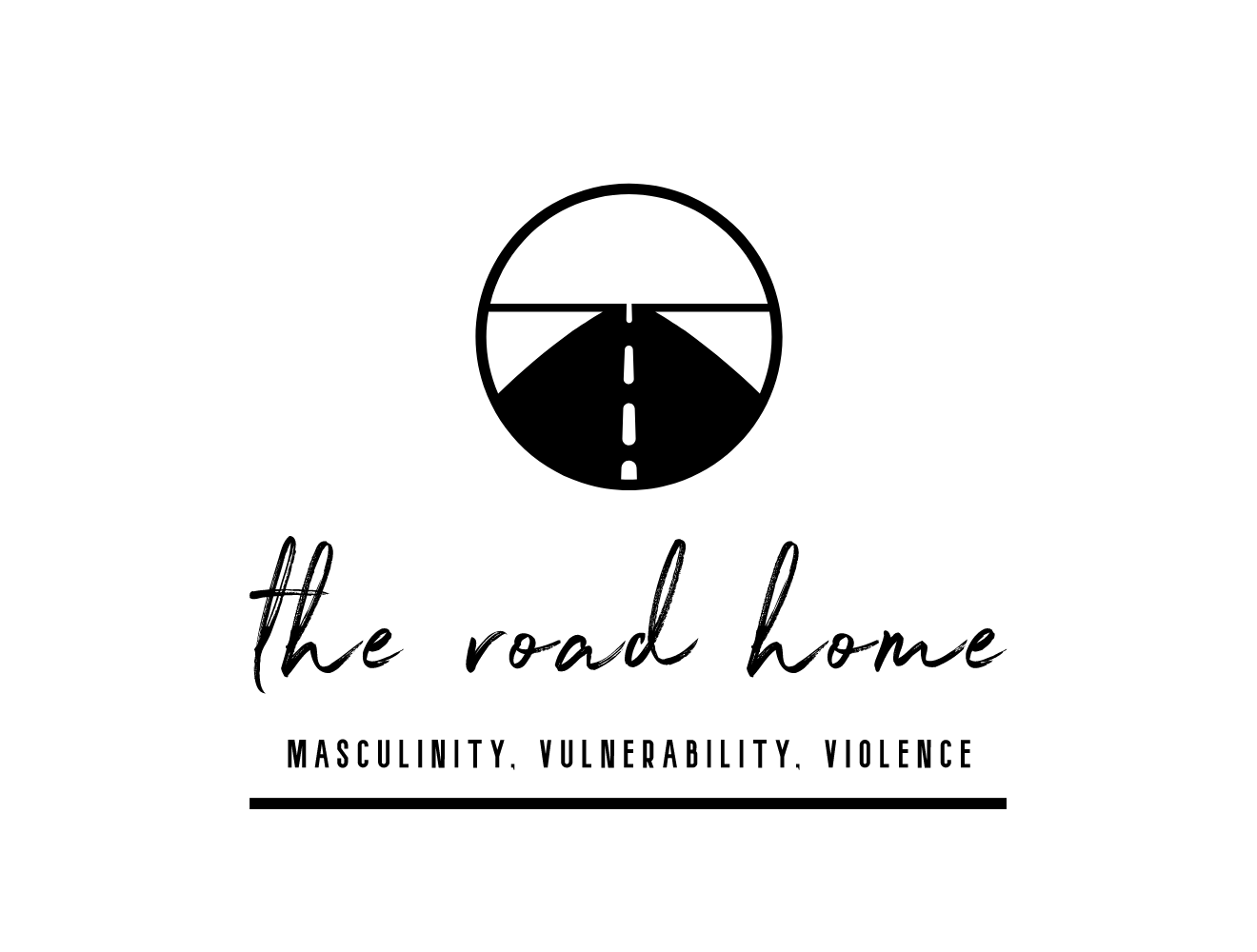As I have written about previously, in recent times there has been a vast increase in the number of child survivors of domestic abuse who have shared their stories publicly. Celebrities such as Ian Wright, Will Smith, Patrick Stewart, Alicia Dixon, to name a few, have disclosed that they are child survivors of abuse. This has served to highlight not only how prevalent the issue is, but also to humanise a stigmatised subject. The public can see that child survivors can and do lead normal, successful lives. They talk about the pain not leaving them, but it doesn’t always hold them back.
I think it would be fair to say that although we have had more child survivors identifying themselves, there is still a lot less ‘experts by experience’ speaking about their experiences of childhood than there are those who were adult survivors of abusive relationships. In some ways this is due to prevalence- as 1 in 4 women will experience gender-based-violence in their lifetimes, compared to an estimated 1 in 8 children (inclusive of both boys and girls).
It is only recently though, when I explored ways in which to navigate telling my own stories, that I realised that there are legal risks in doing so, which are particular to child survivors.
So here is the situation. If you are a survivor of abuse and/or violence as an adult, but are unrelated to the perpetrator then you can discuss your experiences anonymously, mitigating the risks of the perpetrator being identified.

However, this is not possible for a child who has experienced abuse or violence within your family. By telling your story (lets consider this specifically in relation to experiencing domestic abuse among the adults in your family), you are enabling both the adult victim and perpetrator to be identified by default.
This issue was highlighted to me when I read a recent article in the Australian Guardian which was written by a child survivor who wrote anonymously, highlighting these issues. It was entitled, ‘I am a child of domestic violence, and I am breaking my silence’. This passage was particularly powerful;
I write as an adult, and yet I speak in the present tense: I am – not I was – a child who grew up with domestic violence. One is a child of domestic violence for life, locked into that role in part by the unspeakable effects of a trauma that is there from the beginning, so that there is no before or after trauma, so that trauma is the kernel around which one develops from early infancy.
Anonymous, 4th December 2021, The Guardian (Link here)
However, as the author highlights, despite there being a greater call since the ‘MeToo’ movement, that survivors speak out and break the silence on their experiences, this freedom does not cover child survivors. In fact, as they point out, ‘News publications are morally and legally bound not to publish unsubstantiated criminal allegations’. There is a risk of being sued by the perpetrator or others who are aggrieved by being identified.
This author chose to write anonymously and indeed when I looked wider at different publishing platforms writing under a pseudonym was discussed as another option- so that only the individual and their publisher knew their identity.
But this raises the question of whether writing anonymously breaks the silence for that individual in the way that they had hoped. To have to hide behind a false name does not necessarily give an individual the feeling of having claimed their own space or story.
Another option to tell untold stories, which I know from my own experience as an academic, is to pursue through research stories of domestic abuse, interview others who break their silence, and then use their anonymous stories to raise awareness on hidden issues. Although this can also raise the question of the participants wish for anonymity (or not). I know some of the participants in my recent study would have been comfortable with being identified and thus claiming the credit for their own stories. I was bound by university ethics procedures to still anonymise (it is important to bear in mind that they may not have wanted to be identified with my analysis of their stories, which is another layer in research). But the compulsory silencing in some ways continues.
As a researcher I recently explored options to explore publishing a book which combined my own lived experiences, embedded in wider research, and with a self-help flavour- aimed at other adult child survivors. However, the legal implications were highlighted to me. Would my father sue me for claims I may make that he committed crimes? It’s possible. Even just publishing under my own name by defualt ‘outs’ all those around me as having experienced DVA. The option for being able to freely write about these experiences will only be realised upon his death.
So, this is why there is not able to be a child survivor #MeToo movement.
Because our stories are not ours to tell

Hello my name is saida mahoney I am 25 years old and I am from California I am a survivor
I am a Survivor Of Child Abuse
I am a Survivor Of Child Molestation
I am a Survivor Of Childhood Rape
I am a Survivor Of Sexual Assaults
I am a Survivor Of Domestic Violence as well
I went through a lot of things in my life I am a writer, I am a advocate, I am a author, I am a Podcaster and I am a performing artist as well
I was a silent sufferer for so many years I got strength to speak up about everything now that I am older
LikeLike